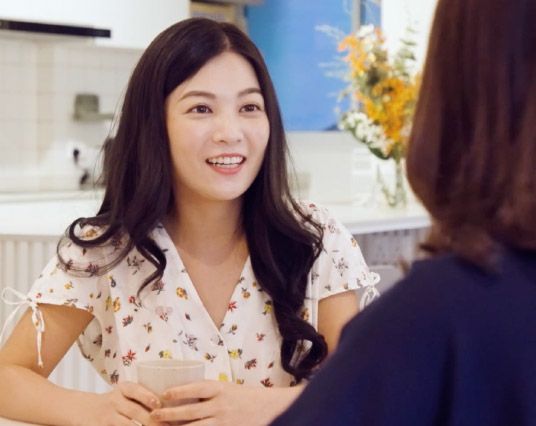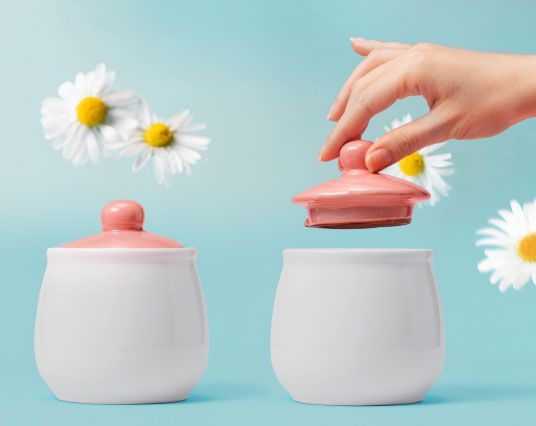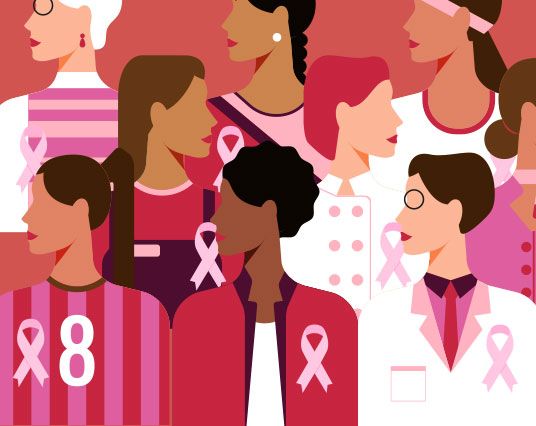
All you ever wanted
to ask a breast
doctor (but were too
afraid to ask)
We ask doctors awkward questions on breast health so
you don’t have to.
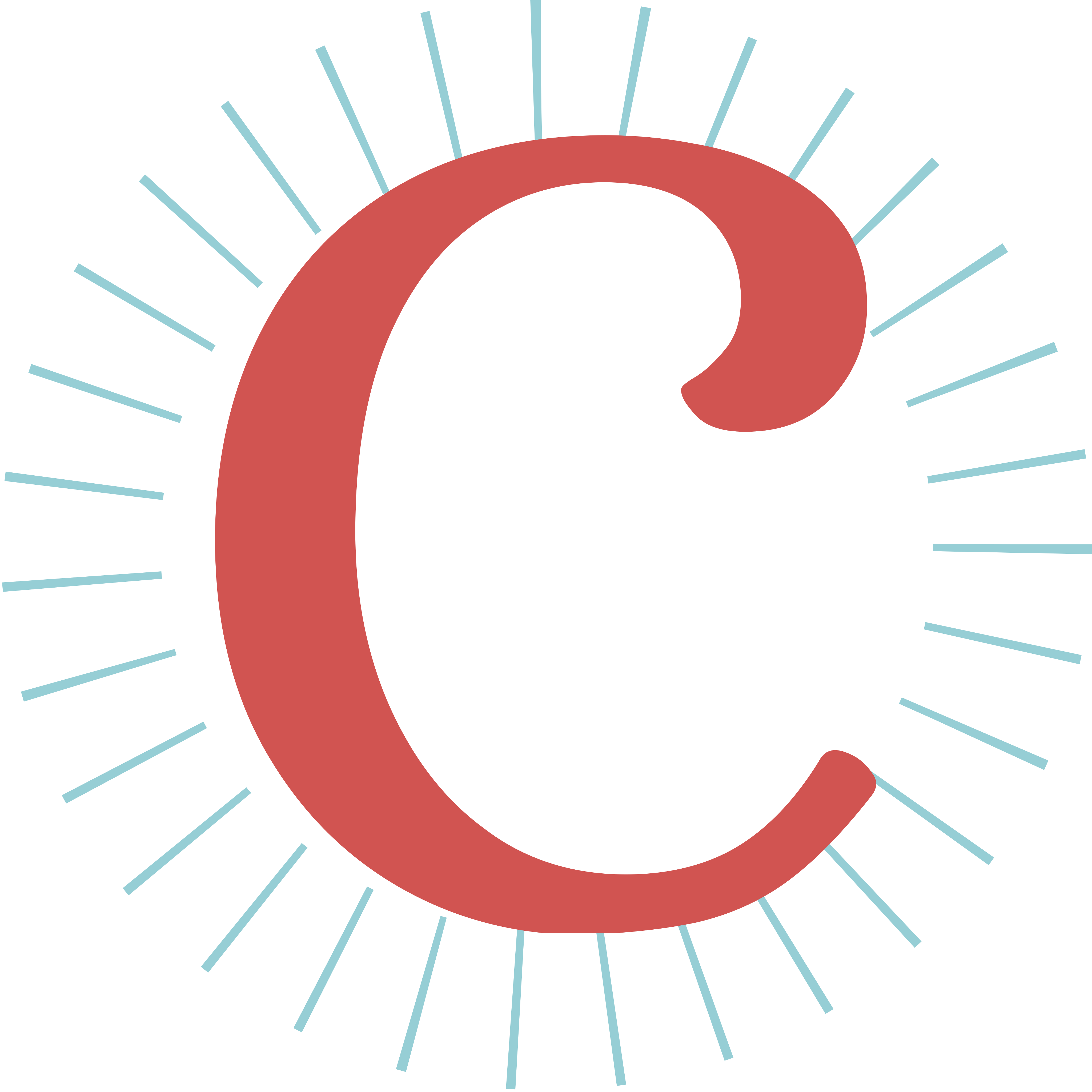
onversations on breast health can be downright embarrassing. But getting the
correct answers from a breast expert can help dispel niggling doubts or concerns.
Here, experts from Parkway Cancer Centre and Solis Breast Care & Surgery
Centre shed light on some questions that people may be too afraid, shy or
uncomfortable to ask.

How much do you know
about breast health?
1. Mammograms are not suitable/necessary for women who have small
breasts or have reached menopause.
True
False
FALSE
Mammograms can be performed regardless of your breast size. Regular
screening mammograms are important even after menopause as breast cancer
risk increases with age.
FALSE
Mammograms can be performed regardless of your breast size. Regular
screening mammograms are important even after menopause as breast cancer
risk increases with age.
2. Breast cancer can be cured by
changing my lifestyle and diet.
True
False
FALSE
No diet, food or lifestyle change has been proven to cure cancer. Most patients with
breast cancer will need treatment – such as chemotherapy, radiation therapy and anti-cancer hormone therapy – after surgery to reduce the risk of recurrence, even if they
lead a healthy lifestyle.
FALSE
No diet, food or lifestyle change has been proven to cure cancer. Most patients with
breast cancer will need treatment – such as chemotherapy, radiation therapy and anti-cancer hormone therapy – after surgery to reduce the risk of recurrence, even if they
lead a healthy lifestyle.
3. Breast cancer treatment can affect
my ability to have children.
True
False
TRUE
Chemotherapy and anti-cancer hormones can affect fertility. However, there are ways
to preserve fertility during cancer treatment. Discuss with your doctors before starting
cancer treatment.
TRUE
Chemotherapy and anti-cancer hormones can affect fertility. However, there are ways
to preserve fertility during cancer treatment. Discuss with your doctors before starting
cancer treatment.
4. Inverted nipples are
always a cause
for concern.
True
False
FALSE
An estimated 10 per cent of women have inverted nipples. The condition is not life-threatening, and there is no need to worry if your condition has not changed since
birth. If you do notice any change, see a doctor to check if a mass is causing it.
FALSE
An estimated 10 per cent of women have inverted nipples. The condition is not life-threatening, and there is no need to worry if your condition has not changed since
birth. If you do notice any change, see a doctor to check if a mass is causing it.

onversations on breast health can be downright embarrassing. But getting the correct answers from a breast expert can help dispel niggling doubts or concerns. Here, experts from Parkway Cancer Centre and Solis Breast Care & Surgery Centre shed light on some questions that people may be too afraid, shy or uncomfortable to ask.

How much do you know about breast health?
1. Mammograms are not suitable/necessary for women who have small breasts or have reached menopause.
True
False
FALSE
Mammograms can be performed regardless of your breast size. Regular screening mammograms are important even after menopause as breast cancer risk increases with age.
FALSE
Mammograms can be performed regardless of your breast size. Regular screening mammograms are important even after menopause as breast cancer risk increases with age.
2. Breast cancer can be cured by changing my lifestyle and diet.
True
False
FALSE
No diet, food or lifestyle change has been proven to cure cancer. Most patients with breast cancer will need treatment – such as chemotherapy, radiation therapy and anti-cancer hormone therapy – after surgery to reduce the risk of recurrence, even if they lead a healthy lifestyle.
FALSE
No diet, food or lifestyle change has been proven to cure cancer. Most patients with breast cancer will need treatment – such as chemotherapy, radiation therapy and anti-cancer hormone therapy – after surgery to reduce the risk of recurrence, even if they lead a healthy lifestyle.
3. Breast cancer treatment can affect my ability to have children.
True
False
TRUE
Chemotherapy and anti-cancer hormones can affect fertility. However, there are ways to preserve fertility during cancer treatment. Discuss with your doctors before starting cancer treatment.
TRUE
Chemotherapy and anti-cancer hormones can affect fertility. However, there are ways to preserve fertility during cancer treatment. Discuss with your doctors before starting cancer treatment.
4. Inverted nipples are always a cause for concern.
True
False
FALSE
An estimated 10 per cent of women have inverted nipples. The condition is not life-threatening, and there is no need to worry if your condition has not changed since birth. If you do notice any change, see a doctor to check if a mass is causing it.
FALSE
An estimated 10 per cent of women have inverted nipples. The condition is not life-threatening, and there is no need to worry if your condition has not changed since birth. If you do notice any change, see a doctor to check if a mass is causing it.
Q: My nipples are inverted. Should I be concerned?
A: Inverted nipples are fairly common and are present at birth in around 10 per cent of the population. In most cases, where it has been present since childhood and has remained stable, there is no need to be too concerned. However, if a new change has developed recently in adulthood, see a doctor to evaluate if an underlying lump or mass is causing it.
Q: Can I go for a mammogram if I have or have already reached menopause?
A: Mammograms can be performed on women of all breast sizes and even men if required. Various compression paddles can be used when positioning a mammogram for women with different breast sizes. Since breast cancer does not discriminate based on breast size, you should go for mammogram screenings regularly. It is also important to continue with regular screening mammograms after you reach menopause as the risk of breast cancer continues to increase after menopause and as women age.
Q: Is that cyst or pimple on my breast dangerous, and when should I see a doctor?
A: If it is a lump in the skin, it could be an epidermal cyst or a sebaceous cyst. These are common skin lumps and are not dangerous. Breast cysts are collections of fluid within the breast tissue and are also not harmful. However, it is impossible to be sure these lumps in the breast are solid tumours without an ultrasound scan. As such, it is vital to see a doctor for an ultrasound scan – this will distinguish whether the lump is a cyst in the skin, a simple cyst (fluid only) or a solid tumour.

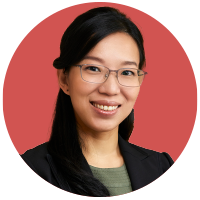
Dr Tang Siau-Wei
Senior Consultant, Breast Surgeon
Solis Breast Care & Surgery Centre
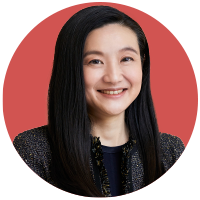
Dr Chan Ching Wan
Senior Consultant, Breast Surgeon
Solis Breast Care & Surgery Centre


%
The one-year survival rate for female breast cancer. The five-year survival rate is around 82 per cent.
Q: Why can’t I change my lifestyle or go on a special diet to cure breast cancer?
A: After a breast cancer diagnosis, many people make meaningful changes to their lifestyle by improving their diet and exercising more. However, while a healthy lifestyle can improve health or help patients manage cancer-related side effects, no diet, food or lifestyle change has been proven to cure cancer. In addition, post-surgery, most patients with breast cancer will need treatment, such as chemotherapy, radiation therapy and anti-cancer hormone therapy, to reduce the risk of recurrence, even if they are physically active and eat well.
With early detection and advances in aggressive breast cancer treatment, the survival rate for breast cancer has improved in the last 10 years. Breast cancer was among the female cancers with the highest survival rates for each year post-diagnosis, at 95 per cent at one year and around 82 per cent at five years, according to figures from the Singapore Cancer Registry report 2020.

Q: Will breast cancer treatment affect my ability to have children?
A: Treatment with chemotherapy and anti-cancer hormones can affect the ability to have children by lowering the hormones needed for fertility. So it is important to discuss family planning with your doctors before treatment. Harvesting and storing of embryos, eggs or ovarian tissue can be performed and are useful. In addition, some medications can protect the ovaries and fertility during chemotherapy.
Q: Are lumps in the breast a red flag for cancer?
A: Most women have some lumps or lumpy areas in their breasts all the time, and most breast lumps turn out to be benign (not cancerous). Possible causes of non-cancerous breast lumps include normal hormonal changes, a benign breast condition or an injury.

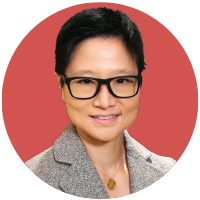
Dr See Hui Ti
Senior Consultant, Medical Oncology
Parkway Cancer Centre
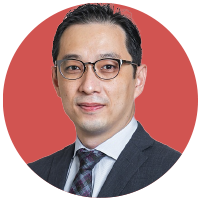
Dr Wong Siew Wei
Senior Consultant, Medical Oncology
Parkway Cancer Centre












